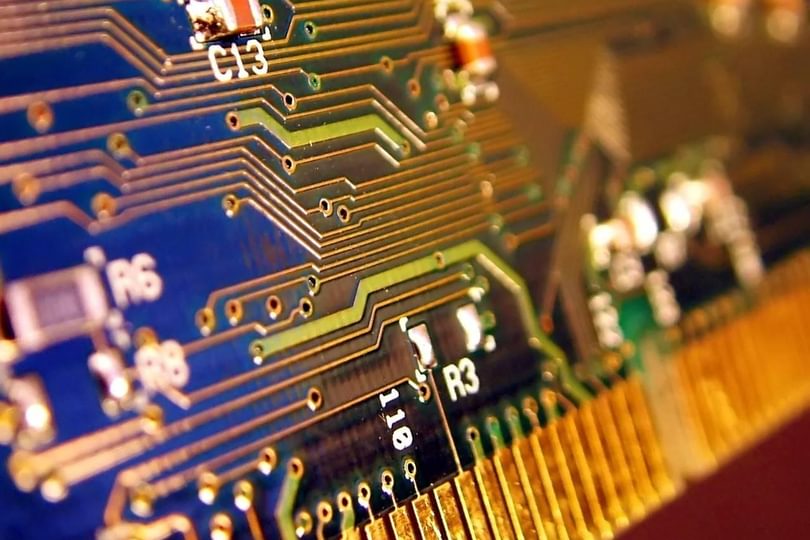
How close are we to creating artificial intelligence, and what would it mean for humanity? In the latest in the Oxford Martin School's ‘Blurring the Lines’ seminar series, Dr Anders Sandberg of the school's Programme on the Impacts of Future Technology examined the possibilities and challenges of machine intelligence, and whether it would be friend or foe.
The concept of “walking, talking machines” that would carry out humans’ work for them dated back to Aristotle, he explained, before going on to describe the differences between genuine artificial intelligence and machines that are simply able to solve problems. “A lot of research has gone into the area of artificial general intelligence (AGI), with people making a tool for a practical purpose, rather than making smartness itself.”
Current AI limitations included computer vision and natural language processing, he said, but huge financial savings could potentially be made in industries such as logistics. Impacts on employment over the next 20 years were likely to be significant, with statistical models, algorithms and robots able to perform many roles currently occupied by humans, he explained, adding “anything that allows you to copy human capital and create an endless labour supply is economic plutonium”. He continued: “You never know when someone will come up with a better algorithm, so we should expect surprises . Revolutions have a nasty tendency of creeping up on you.”
One of the upcoming challenges was building AI for a human-shaped world, he said, explaining that an intelligence explosion where machines were able to re-programme themselves could be very powerful and very dangerous. “Our values are complex, but for an artificial system those values aren’t going to be obvious at all. The goal is to ensure that any system we create is a friendly system.”